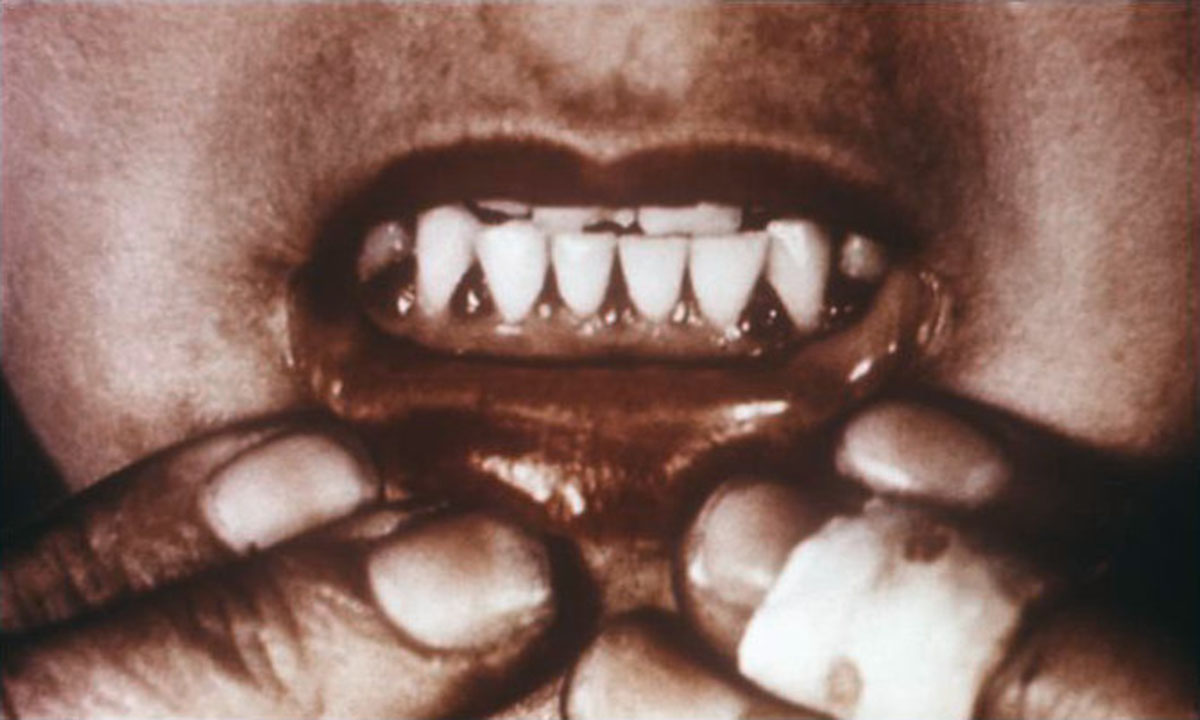
Periodontal disease
Causes of periodontal disease
Various kinds of bacteria populate the mouth forming a sticky plaque on teeth and tongue. A plaque is composed of bacteria, mucus and other food particles decomposing in the mouth. Plaque should be regularly removed in the process of oral hygiene, and if not it can harden and form a “tartar” that can be removed only by a dentist.
Gingivitis
Gingivitis is the mildest form of bacterial infection in the mouth. In gingivitis, gums are inflamed, red, swollen and may bleed easily and without any pain. This condition may be suppressed and cured by daily brushing and flossing. It is not as severe as periodontitis and it doesn’t involve any damage to the bone or loss or teeth.
Periodontitis
Periodontitis is the next stage to which gingivitis progresses if not treated on time. If this condition occurs, gums are shrinking away from the teeth and causing the formation of so called “pockets” that may easily become infected. Food particles and bacteria are filling the pockets and releasing the toxins as an effect of decay. These toxins are slowly breaking down the bone and the connective tissue that holds teeth together leading to destruction of the bones, gums and supporting tissue. In most of the cases teeth become lose and falls of or it has to be extracted by dentist.
Risks
Smoking is one of the most important factors in developing gum disease. Furthermore, it may lower the success rate of treatment.
Hormonal changes in women (especially during pregnancy) can make gums more sensitive and prone to infection.
People that suffer from diabetes are generally more fitting to develop infections, including a gum disease.
Certain medications may affect the levels of saliva in the mouth and thus make the gum tissue more vulnerable. Other prescription and over the counter drugs may affect abnormal overgrowth of the gum tissue making it difficult to maintain a proper oral hygiene level.
Cancer, AIDS or other diseases that compromise immune system may affect the health of the gums in a negative way.
Genetic predisposition may also play a significant role. Some people are being at higher risk for developing serious gum disease, due to their genes.


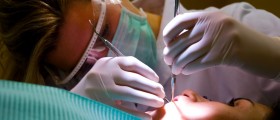

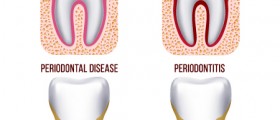

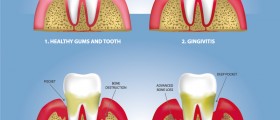

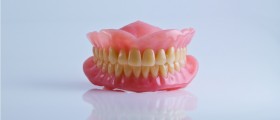



,-Don't-Ignore-Receding-Gums_f_280x120.jpg)
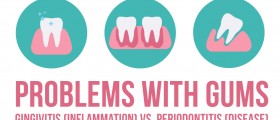



Your thoughts on this
Loading...